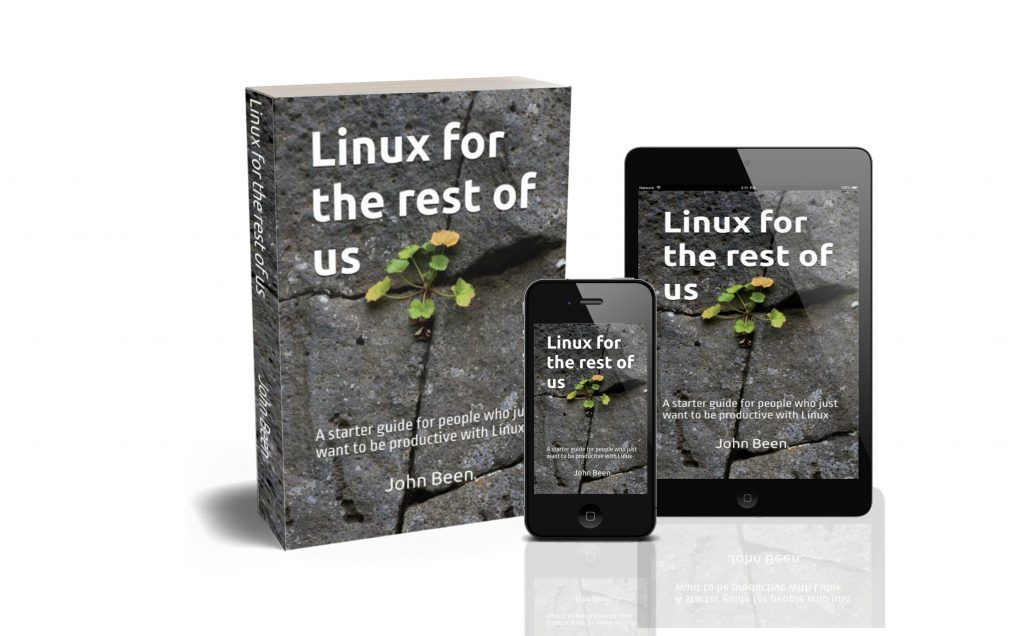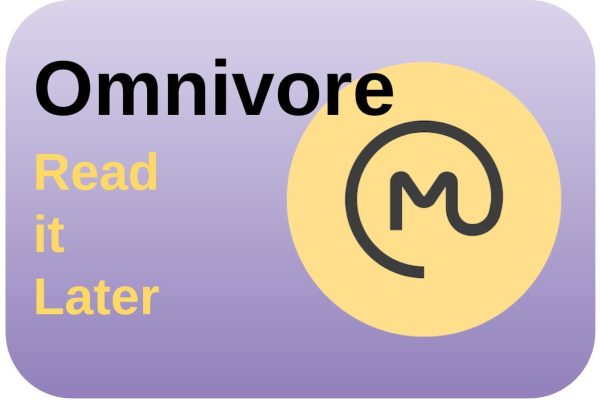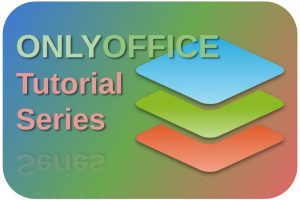Are you someone who finds it very important to find good information, scan it, and record it for later use? Are you someone who wants to use every available moment intentionally to be more productive or to be more wisely productive? Are you someone who sees an opportunity in everything to learn something new? Do you prefer in-depth articles, but can’t always actually take the time to directly read with intention and focus when you come across something interesting? Do you work on your second brain and do you like to save good information for later use? Are you easily distracted in busy environments and would you rather read your information in an environment that is quieter or more inspiring, but don’t want to lose the gems you found? Are you serious about what information you take in and do you want to be sure not to lose potentially important information? Then try a Read it Later application. In this article, I would like to pay attention to the Omnivore application, which in my opinion is a great open source Read it Later app for focused reading on all platforms.
Content of this article
- Introduction
- What are the advantages of a Read it Later app
- About Omnivore
- A first look at Omnivore
- How to Download and Install Omnivore
- Read it Later apps as part of a productivity system
Introduction
We consume information in a very different way today than when I was a teenager. I am not referring to the devices or apps that we use daily that I did not have at my disposal in my teenage years, but I am talking about the fact that we seem to be increasingly less able to engage in long-term and intentional focusing on the content of for example the more extensive texts. More and more I notice and also read that many people are starting to develop a preference for short content. I read that many current students have difficulty with reading comprehension and are poorly able to understand and express the underlying message of longer articles or books for themselves. And that may be partly because there is such an abundance of readable and visible content available today and many may feel that an abundance of headlines is more important and gives more information than an intentionally limited set of good quality content. This is the discussion between quality vs quantity. Due to the overload of information, many people scroll through their messages without really taking in the information and seem to mainly take in the headlines and short messages, but much less the deeper underlying information.
“The problem is that our entire digital world is geared toward snackable chunks of low-grade information — photos, tweets, statuses, snaps, feeds, cards, etc. To fight the tide you have to redesign your environment — you have to create affordances.”
Tiago Forte
Source: https://omnivore.app/johnbeen/the-secret-power-of-read-it-later-apps-forte-labs-18d226551ed
I even notice it at my work, where years ago I used to be praised for the thick research and design documents and long written explanations that I produced and shared, while today I am often reminded or notified that I should keep my information transfer short, because colleagues do not have time or have the attention span to read long stretches of text. There is something to be said for both, but in my heart, I prefer to write and also read longer, more in-depth texts. Fortunately, I still can express myself in my preferred “long-winded” way via, for example, my websites and my book.
Like a lot of people, I also like to follow and view my abundance of sources of information. When I go to work on the train, I scroll through my RSS feeds, through my news channels, through my list of new podcasts, and so on, looking for items that resonate with me. But I won’t leave it at that, because I would like to read the underlying content of these articles myself. But preferably at a moment and in a setting when I have time for this, there is room to take in the depth with intention and, if applicable, record parts of the information in my second brain for later use. I like to do all of this in a distraction-free environment and not an environment such as public transport where I am distracted by sounds, movements, signals, etc.
Splitting these moments, so on the one hand scrolling through a large amount of sources in search of interesting items and on the other hand consuming the underlying information with focus and depth and trying to understand, interpret, relate, and record with intention, is very well supported by what we call a Read it Later application.
There are many different Read it Later apps available, each with its advantages and disadvantages, price, storage, and synchronization options, highlight options, etc. I have been using the Read it Later app Pocket for quite some time, which was once purchased by Mozilla, the organization behind the Firefox browser and the Thunderbird email application. Not so long ago I came into contact with the open-source application Omnivore which immediately felt good to me. Let’s explore further below why I think Omnivore is a pleasant and also powerful application and …
Because this article on Omnivore has a further reach than Linux only, you can read the remainder of my article “Omnivore is a great open source Read it Later app for focused reading” on my other website RealAppUser.com. There you can read more about the advantages of a Read it Later app, the characteristics of Omnivore, have a first look at Omnivore, and learn how to Download and Install Omnivore.
Have a look at my latest book on Linux, in Paperback or Kindle format.
For more info on my book click here.
When you want to buy the book click on the image below.

If you appreciate what I do on this website…,





